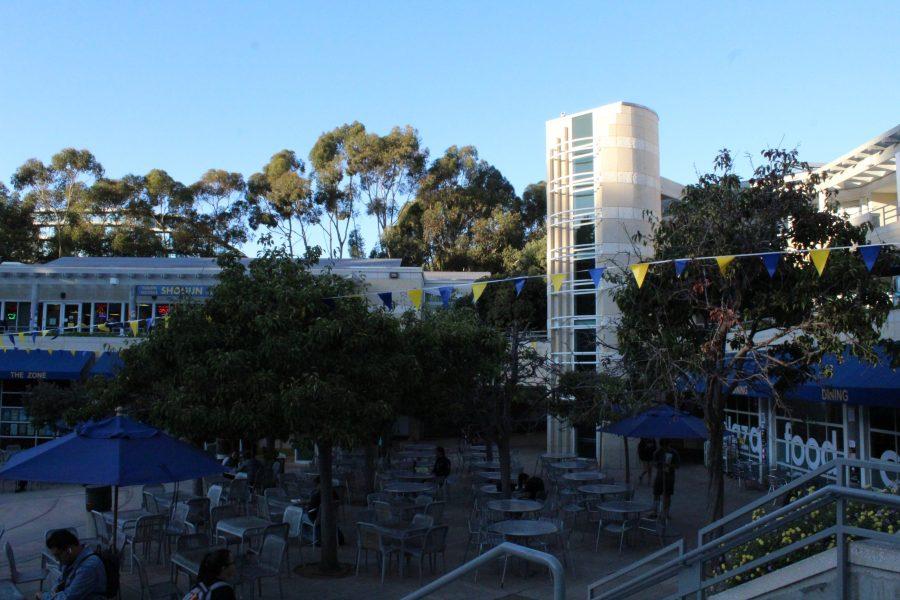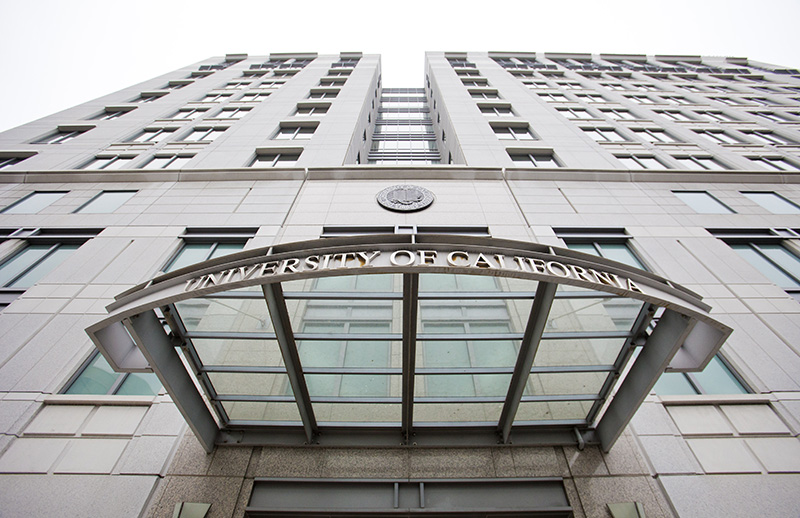A grievance filed against Associated Students of UC San Diego by Ella Chen, the editor-in-chief of The Triton, was unanimously denied by the Judicial Board in a 3-0 ruling on Feb. 19, 2020. The Judicial Board, which has no direct ties to A.S Council, found that A.S. Council did not violate its constitution when it held a closed session on Jan. 15.
The closed session, which featured an hour-long presentation on student mental health by University Centers Advisory Board Chair Joey Mendoza, was followed by a unanimous vote to approve language for a potential student mental health and Counseling And Psychological Services student fee referendum.
In her grievance, Chen argued that the closed session violated Section 8 of the A.S. Council Constitution, which states: “All meetings of the Senate shall be open to the public except when dealing with matters of personnel, existing or anticipated litigation, license or permit determination, threat to public services or facilities, labor negotiations, investments, contracts, or real property negotiations.”
Chen’s grievance also claims that the nature of the closed session violates the Brown Act, which states: “Matters concerning the appointment, employment, performance, compensation, sanctioning, or dismissal of employees, excluding elected and appointed officials. Matters concerning the sanctioning or dismissal of officials may be held in closed session with the consent of the person facing sanctions or dismissal.”
In a follow-up editorial written by The Triton Opinion Editor Kate Zegans and Managing Editor Ethan Edward Coston, The Triton Editorial Board claimed that the nature of the closed session leading to the vote should have been available to students because it was related to the potential allocation of student fees.
The Editorial Board also claimed that AS Vice President of Campus Affairs Melina Reynoso justified in an email to The Triton that the nature of the presentation fell within the realm of Section 8 and warranted a closed session.
Despite these claims, the Judicial Board, which is a neutral body that oversees and processes student complaints, found that ASUCSD had neither violated the ASUCSD Constitution nor the Brown Act by holding its closed session.
“We find that due to the vague wording of the constitution, ASUCSD was not in violation of Section 8 since the matters discussed in the closed session had to do with members of personnel of UCSD Health, specifically their names and departments,” the ruling read.
The Judicial Board went on to discuss that the ruling had to do specifically with the nature of the accusation being made in regards to Section 8 of the AS Constitution.
“As today’s hearing only had to do with the accused violation of Section 8, we are bound by the words that are already in the existing constitution,” the ruling read. “We recommend that ASUCSD specify the term ‘matters of personnel’ in Section 8 of the constitution, basing it off of the Brown Act and the ASUC’s constitution.”
At the time of this article’s publication, no known further actions have been taken in regards to the grievance by either A.S. Council or The Triton’s staff members. The A.S. Council will vote on whether or not to add the mental health referendum to the upcoming April ballot on Wednesday, March 4.
This article was updated to reflect that the A.S. Council will vote on the referendum on March 4.
Photo by Mariyah Shad for the UCSD Guardian.














Mimi • Mar 2, 2020 at 3:19 pm
Thank you for reporting on this. I feel like all AS meetings should be open unless there are very VERY good reasons for closing them.
As a “normal student” (not affiliated with AS or the press), it seems extremely odd that this meeting was not an open one, especially when potential higher fees were being discussed. I wish more students had time to learn more about this and stand up for their rights.